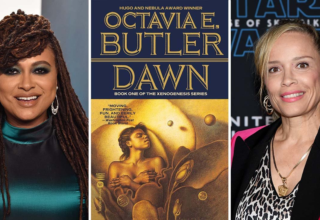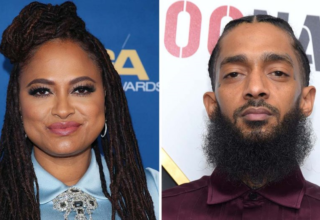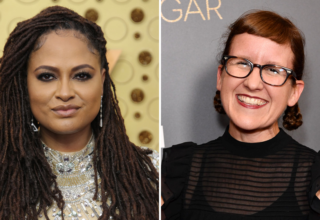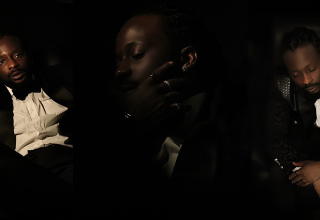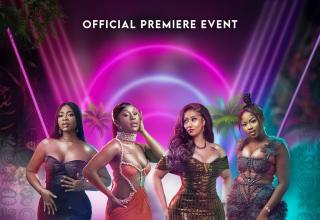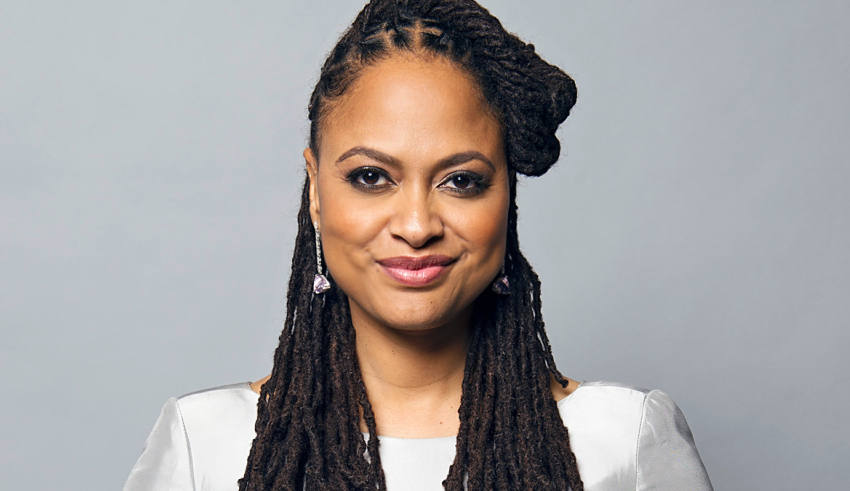
Ava DuVernay’s Array media company is launching a new initiative designed to hold police officers accountable.
The Law Enforcement Accountability Project, or LEAP, which DuVernay announced in an appearance on Monday’s Ellen DeGeneres Show, is a fund focused on storytelling around police violence and abuse that will commission projects across multiple forms of media including film, literature, theater, dance, fine art and music. LEAP is designed to empower activists to pursue narrative change and is envisioned as a two-year project to launch at least 25 works of art.
DuVernay talked about the idea behind the initiative on Ellen.
“I’ve been thinking a lot about my own rage. My own emotions,” she began. “When I look at George Floyd’s tape, I see my uncles. Not just in a general sense, but he looks like people in my family, like literally the facial features. Every time that that video plays on CNN or anything else, I see people that I love on the ground begging for their life.”
“There’s a sense of those images, what we’re asking of each other and the storytelling around these instances, the stories that we’re telling each other, that’s what I’ve been really interested in interrogating,” DuVernay continued. “We need to change what those stories are and change the way that we tell them.”
With LEAP, DuVernay said, “We’re asking for narrative change and we’re creating narrative change around police abuse, misconduct and murder of black people. We’re changing the lens of the story.”
DuVernay also said to The Hollywood Reporter, “LEAP is specifically looking at storytelling through the lens of police accountability. There is a lack of accountability happening at police departments, police unions and in the courts, a lack of laws on the books that really protect citizens from officers who have a certain number of grievances. The idea is that if the courts won’t do it, if the police unions won’t do it, if the departments won’t do it, then people can do it.”
She added, “It bothers me that I can rattle off the names of 30, 40 victims of police abuse and killing, but I can’t say who did it. We have this kind of social contract, where we don’t speak the names of these people. And we kind of agree that they won’t be prosecuted, and we won’t say their names. I think it’s a big national blind spot. And it is a storytelling issue.”
Source: The Hollywood Reporter

